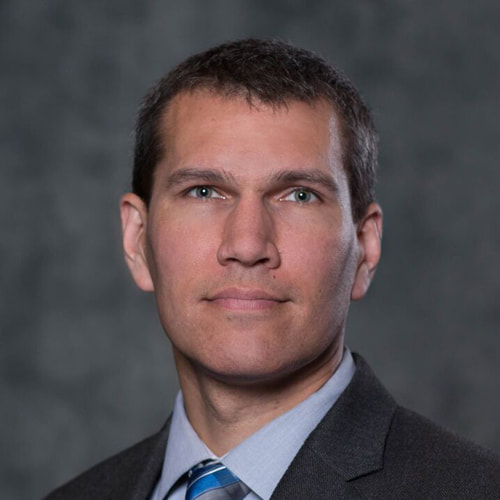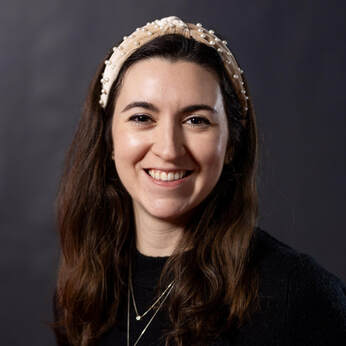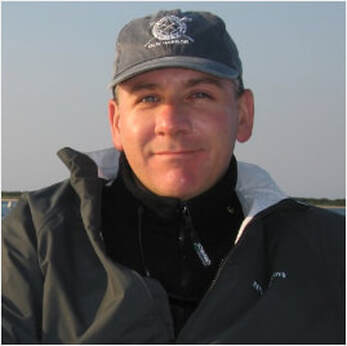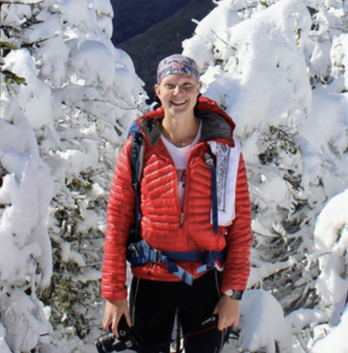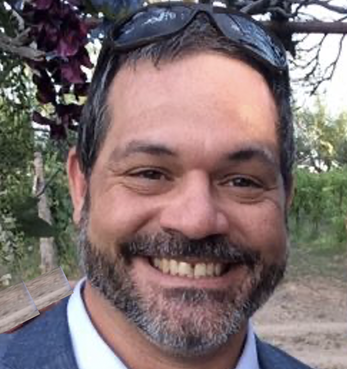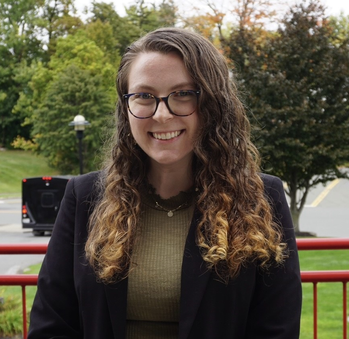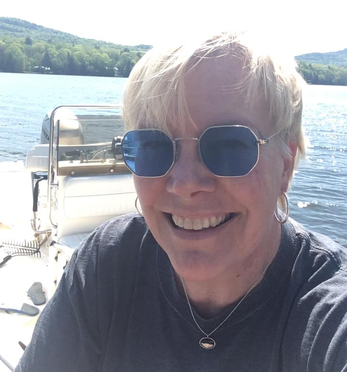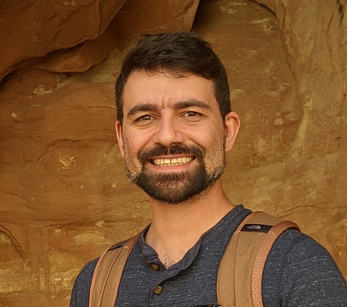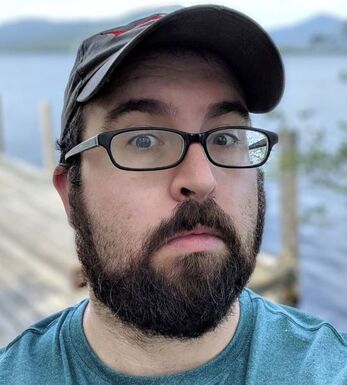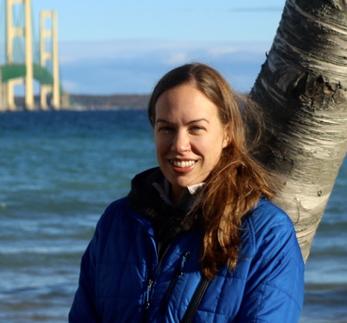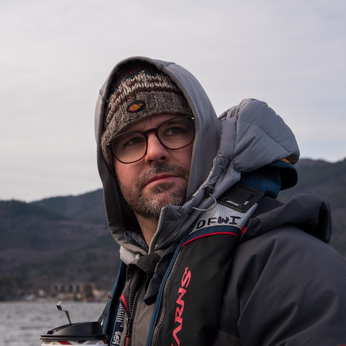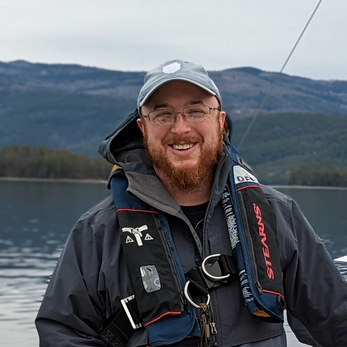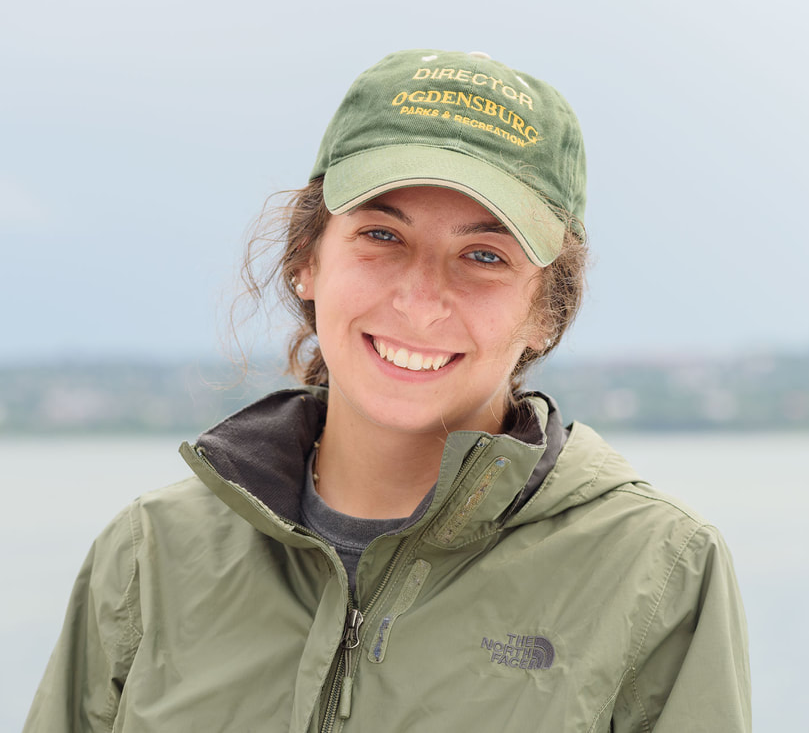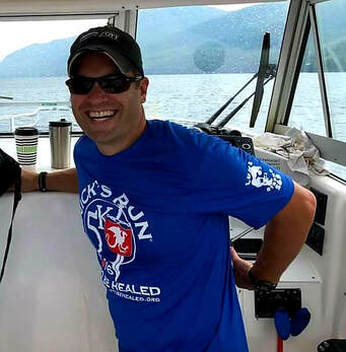Are you interested in joining our team? We are looking for talented and passionate Postdocs, graduate students, and undergraduate researchers. See the Opportunities tab for more info!
Lab PI
Dr. Kevin C. RoseEmail: [email protected]
Rensselaer faculty webpage Darrin Freshwater Institute Dr. Rose received his Ph.D. in Ecology, Evolution, and Environmental Biology from Miami University studying the causes and consequences of variation in ultraviolet radiation in aquatic ecosystems. Following his Ph.D., Dr. Rose went on to a postdoctoral fellowship at the Smithsonian Environmental Research Center, an AAAS Science and Technology Policy Fellowship at the U.S. National Science Foundation, and a postdoctoral appointment at the University of Wisconsin-Madison. Dr. Rose joined at the Department of Biological Sciences at Rensselaer Polytechnic Institute in 2015 as the Frederic R. Kolleck ’52 Career Development Chair in Freshwater Ecology. As of 2022, Dr. Rose began leading the Darrin Freshwater Institute and the Jefferson Project, a partnership between RPI, IBM Research, and the Lake George Association. When he isn't working, Dr. Rose is chasing after his kids, fixing something around the house, getting into the outdoors, or volunteering in his community. |
Lab and Project Manager
Jordanne Schwitzgebel
|
Email: [email protected]
Jordanne helps coordinate many diverse projects for our team and is passionate about environmental education and outreach. Jordanne received her B.S. in Geology and Geological Oceanography and Graduate Certificate in Hydrology from the University of Rhode Island where she studied water quality and remediation techniques. Throughout her college experience she was a Coastal Fellow working in a lab researching wastewater treatment as well as informing community members on the importance of annual well water testing. Since then, Jordanne has been an AmeriCorps member, a Water Conservation Coordinator for a non-profit in Boulder, Colorado, and most recently the Student Services Coordinator for the School of Science at Rensselaer. She grew up in the Adirondacks and has always been passionate about preserving the natural beauty of the outdoors, which sparked her interest in conservation and community outreach. Outside of work, Jordanne can be found hiking on the Rensselaer Plateau, reading a book, or looking for diamonds in the rough at local thrift stores. |
Graduate students
Mike Kelly
|
Email: [email protected]
Mike is a PhD student in the multidisciplinary sciences graduate program at Rensselaer. His research focuses on leveraging advanced aquatic sensors and process-based simulation modeling to understand and forecast harmful algal blooms. Studying a diverse group of water bodies including Skaneateles Lake, Lake George, Chautauqua Lake, all in New York State, and Capaum Pond, on Nantucket, MA, Mike hopes to answer broad questions on how interplay between physics, chemistry, and biology within ecosystems enables and triggers harmful algal blooms. Mike is also a full-time Research Engineer at IBM Research, working on the Jefferson Project at Lake George. "It was our early scientific findings from this project that inspired me to further integrate my engineering efforts into ecosystem studies. Joining Professor Rose's lab was the perfect opportunity for me to explore this space.", Mike says. "The interests, direction, and resources of the Rose Lab fully enable me to perform this impactful research." |
Jenna Robinson
|
Email: [email protected]
Jenna is a PhD student in the Department of Biological Sciences at Rensselaer. Her research focuses on spatial and temporal variability in ecosystem metabolism and greenhouse gas dynamics in lakes. Her work uses a network of high-frequency sensors in combination with long-term data and manual sampling in lakes in the Pocono mountains in Pennsylvania and the Adirondack State Park in New York. Jenna has actively contributed to projects within the Global Lake Ecological Observatory Network (GLEON) and is a co-chair of the Graduate Student Association (GSA). Jenna has also been involved in scientific outreach initiatives; she was the chair of the GLEON GSA Communications Committee for two years and has contributed to educational outreach at Lacawac Sanctuary. Before enrolling at Rensselaer, Jenna graduated from Marist College in 2018 with degrees in Biology and Environmental Science and Policy. In addition to researching lakes, Jenna enjoys running, climbing, and photography. |
Vince Moriarty
|
Email: [email protected]
Vince is a PhD student in the multidisciplinary sciences graduate program at Rensselaer. He received his MS in marine biology from Northeastern University and spent 10 years working in French Polynesia researching coral reef ecology and biology as part of the Moorea Coral Reef LTER (Long Term Ecological Research) program. His current research focuses on understanding the factors regulating the formation of harmful algal blooms (HABs), as well as potential mechanisms driving the aerosolization of cyanotoxins associated with HABs. His research draws on a diverse skill set in high-frequency sensing, remote sensing, modeling, and surveys. Vince is also a full-time Research Engineer at IBM Research, working on the Jefferson Project at Lake George. |
Kasey Crandall
|
Kasey is a PhD student in the Department of Biological Sciences at Rensselaer. He completed an MS in Biology at SUNY Fredonia in 2024 where he focused on spatial patterns of stratification in Chautauqua Lake, NY using high frequency sensors and modeling approaches. He has worked on a wide range of ecological issues including microplastic pollution and harmful algal bloom (HAB) formation. His current research seeks to understand the sources and cycles of nutrients that may be used by cyanobacteria in the formation of HABs and changes in the physical and chemical structure of lakes as a result of climate change. Outside of research, Kasey spends his time hiking and fishing.
|
Shaelyn Koleber
Undergraduate researchers
Ria Massoni
|
Ria is a senior majoring in Computational Biology and Science, Technology, and Society and joined the lab in Fall 2023. Her research focuses on understanding the genetic factors driving differences in aquatic microbe species abundances under changing environmental conditions. In collaboration with Dr. Jeremy Farrell, Ria is using metagenomic analyses to create models that predict the interactions between microbial abundances, genes, and aquatic conditions. When Ria graduates in May 2024, she is planning to continue conducting research in the lab by pursuing an MS in Biology. Outside of research, Ria is also involved on campus as the Undergraduate President, the Social Media Manager for the RPI Union, an Admissions Ambassador, and a member of Phalanx Leadership Society.
|
Research & technical staff
Laurie Ahrens
|
Email: [email protected]
Laurie is a Senior Research Specialist. She is primarily responsible for the day-to-day operation of the Chemistry lab at the Darrin Freshwater Institute, but over the past 20 years has also been involved in numerous lake research and monitoring projects, including aquatic plant surveys in Lake George and various other lakes in the Adirondacks and Vermont, herbarium collection preparation, the Lay Monitoring program, Asian Clam surveys, and bacteria analyses. Laurie also mentors undergraduate Research Assistants each summer in good laboratory practices. Laurie is interested in learning new methodology and instrumentation to improve efficiency in the lab. In her free time Laurie loves kayaking, wandering in the woods, wishing for her own dragon, and planning the next trip to see her grandbaby. |
Michael Blonski
|
Email: [email protected]
Michael Blonski is a Research Specialist working on the Jefferson Project at Lake George. He holds a Bachelor of Science in Geological Sciences from The State University of New York, at Buffalo and attended graduate school at the University of California, Merced. Prior to joining RPI, Michael worked as an Environmental Scientist monitoring soil, air, and groundwater for environmental impactors such as asbestos, lead, tetrachloroethylene (PCE) and trichloroethylene (TCE). In addition to field-based work, he has also served in both independent and leadership roles in multiple laboratories. Michael’s primary responsibilities at Lake George include collecting surface water samples, preparing and analyzing field samples in the laboratory, and monitoring Lake George tributaries. |
Dr. Jonathan Borrelli
|
Email: [email protected]
Website Jon is a Postdoctoral Scholar whose research focuses on developing methods to better understand the ecology of lake ecosystems and using that knowledge to predict how lakes will respond to environmental change. Jon received his PhD in Ecology and Evolution from Stony Brook University studying the relationship between food web structure and the stability of community dynamics. He leverages his expertise in R programming and data analysis to combine insights from surveys, sensors, and hydrodynamic models for modelling lake food web dynamics. He is also developing models to forecast water quality and to identify conditions for potential harmful algal blooms. Working with the Jefferson Project team at IBM Research, he is combining his modelling approaches with long-term predictive models to better understand how different climate change and management scenarios will impact the Lake George ecosystem. |
Dr. Allison Hrycik
|
Email: [email protected]
Allison is a Research Scientist who investigates harmful algal blooms and algae ecology. She is involved in sampling efforts on Chautauqua Lake. Prior to her position at RPI, Allison was a research scientist at SUNY Buffalo State, working on benthic invertebrate and water quality monitoring in the Great Lakes. During her PhD at University of Vermont, she studied how changing winter conditions help set the stage for algae blooms during the open water season. She also holds a master’s from Purdue in Fisheries and Aquatic Sciences and a bachelor's from Cornell in Natural Resources. Her current projects include monitoring lake bottom algae, understanding nutrient inputs from the Chautauqua Lake watershed, and working with colleagues on Lake George and Chautauqua Lake to understand the different drivers of algae blooms in different lake types. Outside of lake research, Allison enjoys spending time outdoors, especially hiking and gardening. |
Mark Lucius
|
Email: [email protected]
Mark is a Software Engineer whose work is focused on developing software to drive high-frequency sensors, web applications for easier control of sensors and equipment, and data QA/QC tools to streamline data pipelines for the Jefferson Project at Lake George. Mark also works to develop new sensor deployments and works closely with our cutting-edge vertical profiling platforms. He also contributes to limnological research, with a focus on Lake George and Chautauqua Lake, New York. Mark has a BS in Psychology from University of Central Florida and a MS in Environmental Science from Florida Gulf Coast University. |
Brian Mattes
|
Email: [email protected]
Brian is a Senior Research Specialist. Brian's primary responsibilities include managing the long-term monitoring programs at Lake George, including offshore and littoral sampling programs that began in 1980. However, Brian is also involved in numerous other aspects of our research and monitoring programs, and has experience in running and assisting with mesocosm experiments, sampling other lakes, conducting zooplankton identification, and assisting with the deployment, calibration, and maintenance of our sensor network. More recently, Brian led the creation of an attached algae monitoring program to understand the productivity in nearshore areas around Lake George and is active in outreach and stakeholder engagement efforts to educate the public about our research. Brian earned his B.S. in Natural Sciences from the University of Pittsburgh. |
Maria Pelusi
|
Email: [email protected]
Maria Pelusi is a Research Specialist. She earned her BS in Environmental Science and Policy and her MS in Environmental Science and Engineering from Clarkson University. During her time at Clarkson Maria focused on research related to water quality sensors, investigating spatial changes in physicochemical properties throughout the St. Lawrence River. Her work extended to applying fluorescent water quality sensors to identify pollution sources in the St. Lawrence River watershed. In her current role, Maria contributes to the management of the innovative sensor network at the Jefferson Project and supports ongoing research initiatives, with a specific emphasis on understanding water quality patterns, trends, and disturbance events. |
Dave Winkler
|
Email: [email protected]
Dave Winkler is a Senior Research Specialist. He has over 25 years of field and laboratory management experience and works as a bridge to successfully translate project logistics between the lab and field. This includes new project implementation, field data collection, sensor deployments, and graduate/undergraduate student support. His research interests include invasive species, bio-acoustics, and remote sensing. Dave holds certifications as an advanced open water and scientific diver, is a licensed commercial drone pilot, and is also the lead pilot for the lab's Remote Operated Vehicle (ROV). His laboratory experience includes methodologies in various types of analytical chemistry, mainly focusing on freshwater ecology applications. Currently, Dave is involved in the LTREB long term sensor and monitoring program in collaboration with the Lacawac field station in Lake Ariel, PA. When not out in the field, Dave enjoys photography, traveling, art, spending time with his family, and diving in places that are not cold. |
Lab alumni
Max Glines
Max completed his PhD in 2024. His research focused on the dynamics of lake water clarity and used high frequency sensors and satellite remote sensing to examine patterns from days to decades and from single lakes to continents. Max is now a Postdoctoral Researcher at the Cary Institute of Ecosystem Studies.
Cassie Roberts
Cassie completed her MS in 2022. Her research focused on understanding the source of dissolved organic matter in lakes, reservoirs, and stream networks. She also conducted research to calibrate and validate a novel in situ sensor to detect the source of dissolved organic matter. Cassie is now a Limnologist at the Whitefish Lake Institute in Whitefish, MT.
Monika LaPlante
Monika completed her MS in 2017. Her research focused on understanding patterns of dissolved organic matter among lakes using fluorescence dissolved organic matter profile measurements made in dozens of lakes around the world. Monika is now a a Program Director at the Lake George Association in Lake George, NY.
Luke Winslow
Luke was a Postdoctoral Researcher in the lab, 2017-2018. His research focused on understanding and forecasting continental-scale changes in lakes, including understanding lake warming rates and ice cover trends. Luke went on to obtain an Insight Data Science Fellowship and now works at Capture Labs.
Taylor Leach
Taylor was a Postdoctoral Researcher in the lab, 2018-2020. Her research focused on understanding biotic changes in Adirondack lakes and forecasting aquatic greenhouse gas fluxes. Taylor went on to obtain an Insight Data Science Fellowship and is now a Data Scientist with Tala.
McArd Joseph Mlotha
Joseph was a Postdoctoral Researcher in the lab, 2019-2020. His research focused on using satellite remote sensing to understand patterns of water quality in the Limpopo River Basin and broader Southern Africa region. Joseph now works as a Consultant.
Steve Jane
Steve completed his PhD in 2020. His dissertation research focused on understanding ecosystem-scale changes in lakes, including dissolved organic matter quality and dissolved oxygen dynamics and responses of these characteristics to climate change. During his time as a PhD student in the lab, Steve was a Fulbright scholar in Sweden and participated in SESYNC research. Steve was, and still is, an active member of GLEON, the Global Lake Ecological Observatory Network. After completing his PhD, Steve was an Atikinson Fellow at Cornell University is now at University of Notre Dame.
Jonathan Stetler
Jonathan completed his PhD in 2021. His dissertation research focused on understanding lake responses to environmental change, including climate-induced changes in thermal stratification and browning-induced nutrient, productivity, and fisheries changes. During his time as a PhD student in the lab, Jon obtained a NSF INTERN grant supplement and collaborated with Dr. Chris Solomon at the Cary Institute to forecast the effects of lake browning on lake fisheries. Jon also developed a series of outreach tools and media to engage the public in lake science. Jon is now a Lecturer in the Department of Biological Sciences at Rensselaer and maintains a strong engagement with our lab group.
